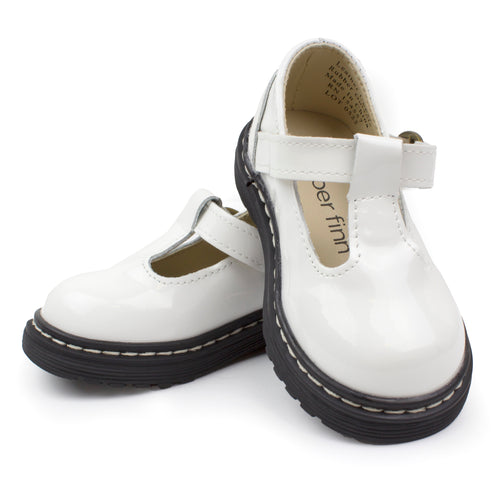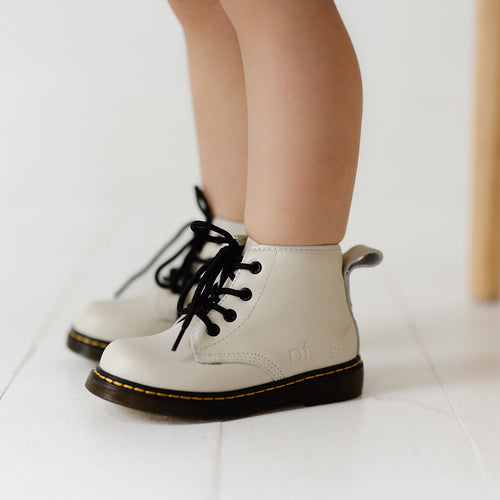Toddler tantrums can be a tough challenge for parents, especially when they seem to occur when you are simply doing your job as a parent and trying to keep your kid safe. It can be extremely frustrating when after preventing your child from skipping across the road directly into oncoming traffic, you are subjected to a tirade of yelling, biting, kicking and screaming. Never mind the meltdowns that occur when sweets or treats are denied just before dinner!
The Low Down on Toddler Tantrums
Let’s be honest; toddler tantrums are not for the faint-hearted; in fact, they can be an exhausting rollercoaster of emotions for both you and your toddler! So why do toddler tantrums happen? What causes them, and can parents stop them?
It's perfectly normal to experience frustration when managing the negative effects of toddler tantrum behavior. Fortunately, there are some effective strategies that you can use to help prevent or stop tantrums before they start.
Why Toddler Tantrums Happen
It’s important to understand why toddlers throw tantrums in the first place. Tantrums usually occur when a toddler feels overwhelmed by their emotions and is unable to express themselves verbally. They may also happen in response to a change in routine that isn't understood or accepted by your child, such as a house move or a change in the family dynamic.
Other Typical Toddler Tantrum Causes
- Feeling tired
- Hunger
- Frustration
- Stress
- Overstimulated/irritable
- A need for affection or attention
Positive Parenting Tips
When it comes to toddler tantrums, positive parenting techniques such as rewarding good behavior should be used as much as possible. This means providing your toddler with praise and encouragement when they do something correctly and setting clear expectations, boundaries and consequences when they don’t. Doing so will make your child feel secure and understood, which can help reduce tantrums.
- Praise and encourage
- Set clear expectations/boundaries
- Be consistent
Top Tips for Parents Dealing with Toddler Tantrums
Stay calm
When a tantrum occurs, stay calm and resist the urge to yell or punish your child. Instead, try redirecting their attention to another activity or distraction that's more positive. Then, when they have calmed down, have an open conversation about what just happened so that you both understand why the tantrum occurred in the first place.
Don’t Give In
Don’t give in to your child’s behavior to stop the outburst; this will teach them that a tantrum is the best way to get their own way!
Teach Your Toddler to Recognize Their Emotions
Use children's story books or films to teach your child to identify different emotions and appropriate behaviors when angry, sad or frustrated.
Self-care is Important
Finally, self-care is one of the most important tips for parents. Take time for yourself each day in order to stay relaxed and refreshed. For example, go for a walk, have a relaxing bubble bath or book a babysitter; the important thing is to stop and give yourself time to regroup. This will help you manage stressful situations better and be in a better mindset to handle toddler tantrums when they arise.
Image by Amarpreet Singh from Pixabay

















